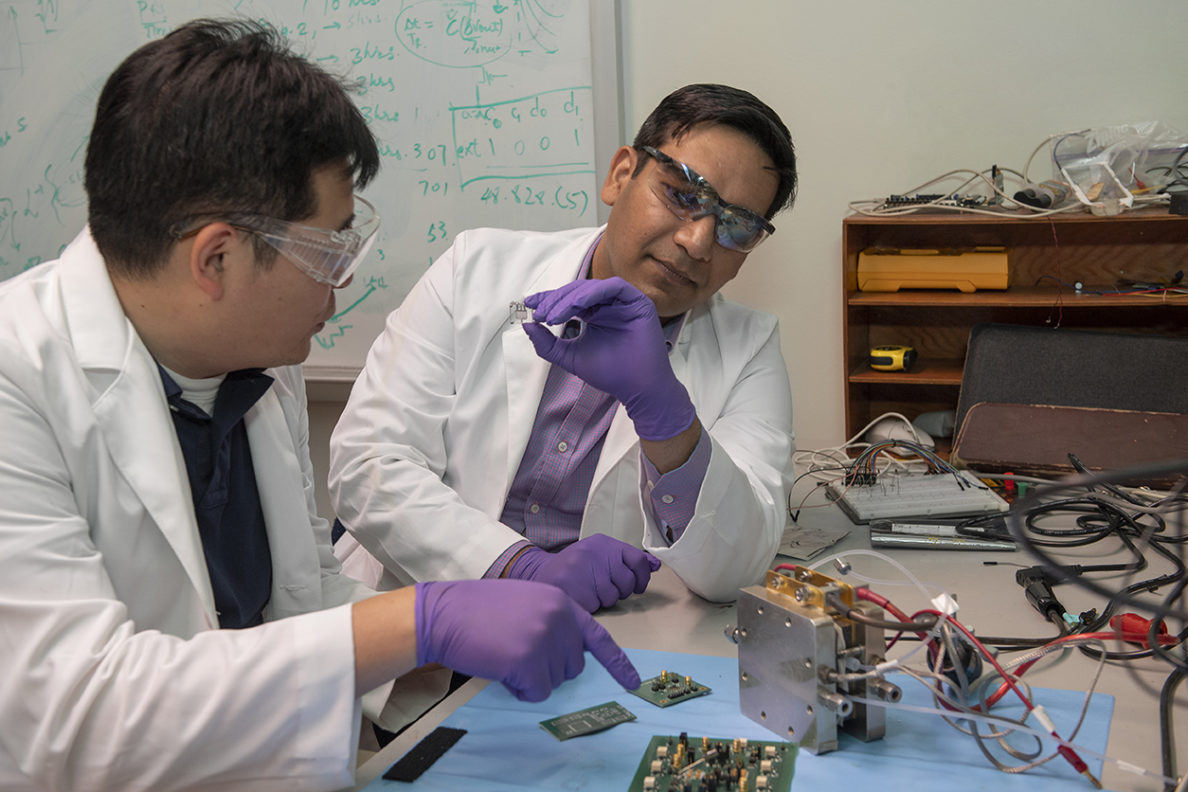 |
| from Amazon.com |
In the first ever international review of studies analyzing whether being an early riser or a night owl can influence your health, researchers have uncovered a growing body of evidence indicating an increased risk of ill health in people with an evening preference as they have more erratic eating patterns and consume more unhealthy foods.




